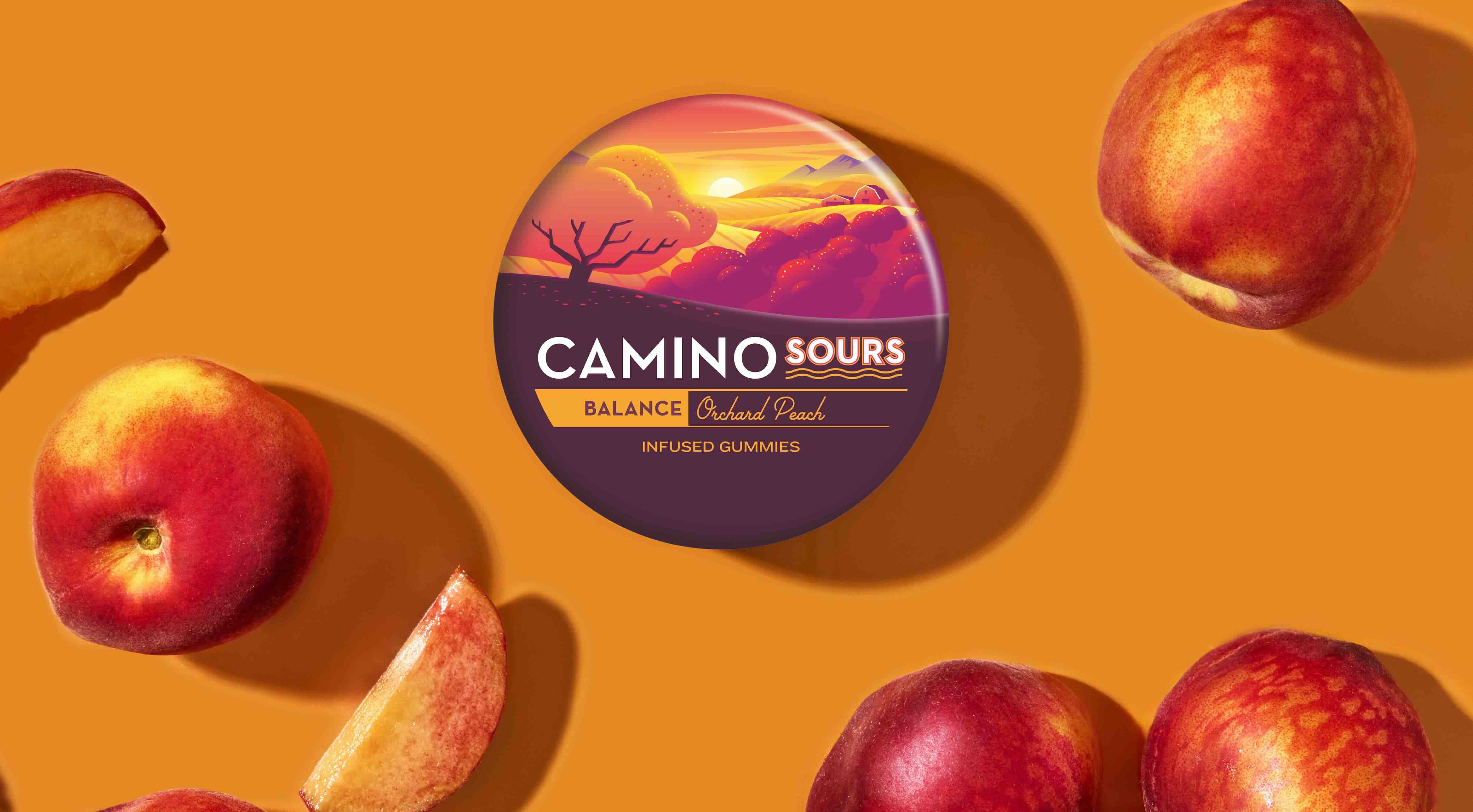The popular fast-fashion clothing brands H&M and Zara have come under fire for using cotton reportedly linked to illegal deforestation, land grabbing, and violence.
What happened?
The UK-based environmental nonprofit Earthsight accused the two retail giants of committing "fashion crimes" based on a damning new report. Its investigation found that H&M and Zara used tainted cotton grown in one of Brazil's most overexploited, endangered regions, the Cerrado savanna.
The forest savannah covers nearly a quarter of Brazil and provides habitat for 5% of the world's species, per Edie.
Earthsight determined that the fashion companies sourced the cotton from two of Brazil's largest agricultural producers, SLC Agrícola and the Horita Group.
With the help of satellite imagery, shipment records, court rulings, and undercover operations at trade shows, the nonprofit discovered that nearly one million tonnes (over 1.1 million tons) of cotton from Brazilian farms were shipped to Asian manufacturers that produced clothing for H&M and Zara, as Edie reported.
Despite the overwhelming evidence of corruption on the cotton farms, the tainted cotton was deemed sustainable by the world's leading cotton certification initiative, Better Cotton.
Perk up the winter blues with natural, hemp-derived gummies Camino's hemp-derived gummies naturally support balance and recovery without disrupting your routine, so you can enjoy reliable, consistent dosing without guesswork or habit-forming ingredients. Flavors like sparkling pear for social events and tropical-burst for recovery deliver a sophisticated, elevated taste experience — and orchard peach for balance offers everyday support for managing stress while staying clear-headed and elevated.
Learn more → |
Earthsight's director, Sam Lawson, told Edie: "It has become very clear that crimes related to the commodities we consume have to be addressed through regulation, not consumer choices. That means lawmakers in consumer countries should put in place strong laws with tough enforcement."
Why is using tainted cotton concerning?
Indigenous communities that have called the Cerrado home for centuries have suffered greatly at the hands of Brazil's mighty agribusinesses. Many have had their peace and connection to the land severed because of environmental devastation and land grabbing.
The glaring oversight by sustainability programs such as Better Cotton also affects consumers who count on organizations to protect them from unethical products. Many corporations deceive consumers with greenwashing, and unfortunately, not all of them get caught.
Even when they do, they don't always stop environmentally destructive practices.
TCD Picks » Upway Spotlight
💡Upway makes it easy to find discounts of up to 60% on premium e-bike brands
For instance, Edie reported that Better Cotton updated its standards last month. However, the agency can still label cotton as ethical if it came from land illegally deforested or stolen from local communities before 2020, according to Earthsight.
Global Witness explained that the Cerrado experienced record levels of deforestation last year, increasing by 43% from 2022 levels. This threatens the region's incredible biodiversity and reduces the amount of carbon the savannah can store, worsening the overheating of our planet.
What's being done about it?
According to Edie, Better Cotton confirmed it conducted an independent audit of three licensed farms in Bahia, Brazil. The agency said it would share the findings and cancel licenses if the farms don't meet the new sustainability standards.
However, Earthsight is skeptical that the rules will stop illegal cotton farming.
In addition, Inditex, Zara's parent company, sent a letter to Better Cotton demanding more transparency about the certification process and said it would take action if necessary to safeguard its supply chain, per Edie.
While the dark realities of fast fashion have started coming to the surface in recent years, the industry still rakes in billions of dollars per year. We can protect our wallets and the planet by avoiding fast-fashion brands and opting for sustainable, long-lasting clothing.
Join our free newsletter for cool news and actionable info that makes it easy to help yourself while helping the planet.















